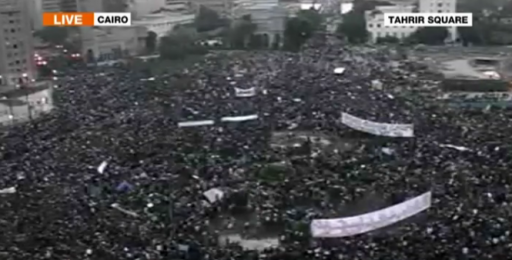Activism in the age of viral reality
February 1, 2011 by John Postill
On the subject of Egypt’s and other countries’ protests, I’m currently doing anthropological research into social media and activism in Barcelona. I’m wondering whether we’re entering an era in which political reality is framed by re-sent SMS messages, retweets, YouTube videos, viral campaigns, and so on — an age of “viral reality.”
Even those who rightly reject the hyperbole surrounding these events would appear to be shaped in their perceptions by rapidly moving, ephemeral digital contents that are widely “shared” (i.e., spread).
This article [in progress — Ed.] draws from ongoing research into digital activism in Barcelona (Spain) to assess the limits and possibilities of “social media ethnography.” I explore a new area of media ethnographic inquiry, namely the study of activist/political “virals” — digital contents of a political nature that spread epidemically across platforms and social groups.
Through the case study of a late December 2010 mobilization against the “Sinde law” — a proposed Spanish law intended to curtail the downloading of copyrighted contents — I discuss the varied uses of Twitter as a central political arena. Throughout the short-lived drama, activists, politicians, celebrities and others used Twitter to inform, disinform, debate, provoke, mock… and spread virals.
Under such conditions, questions arise about the ethnographic study of the socio-technical contexts that foster and inhibit the spread of digital virals, and about the extent to which virals strengthen or undermine public discourse.
Adapted with permission from a post on John Postille‘s media/anthropology blog and a message by him on the Association of Internet Researchers listserv.
